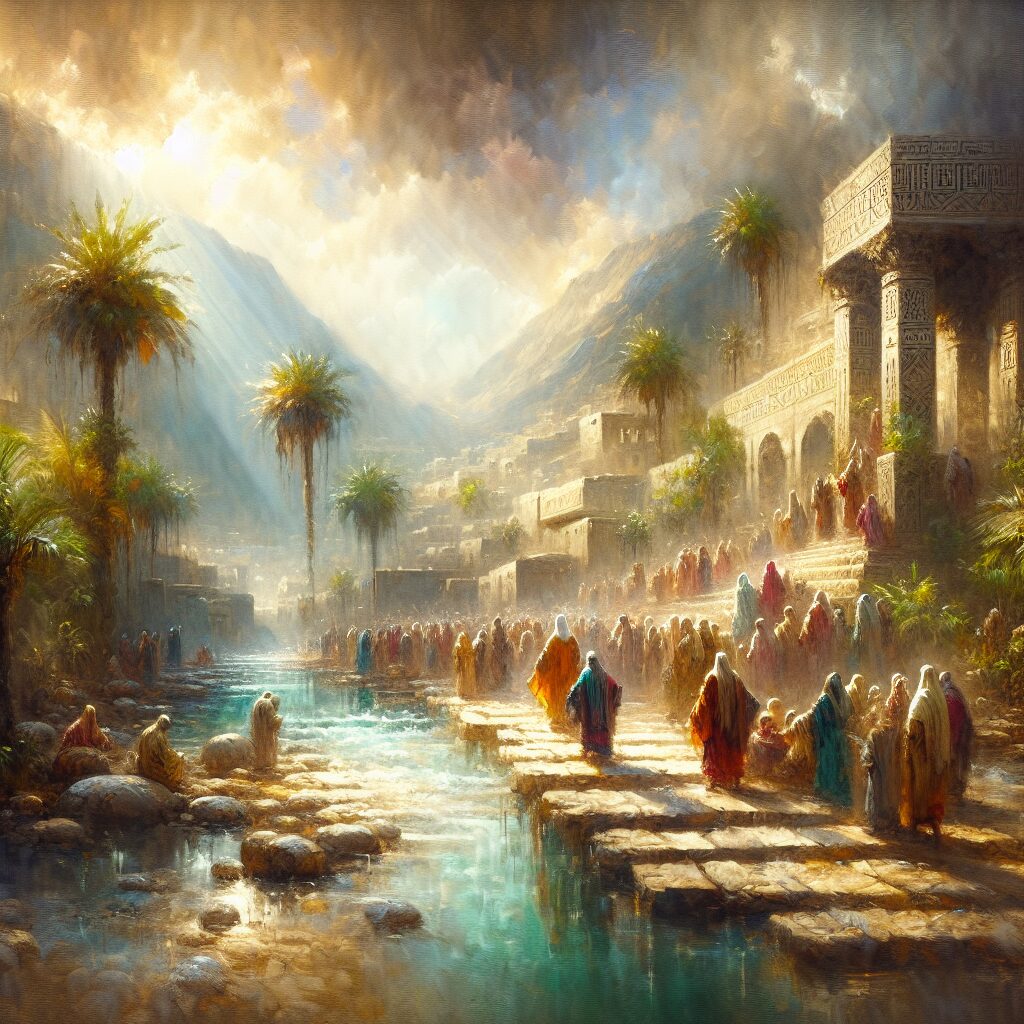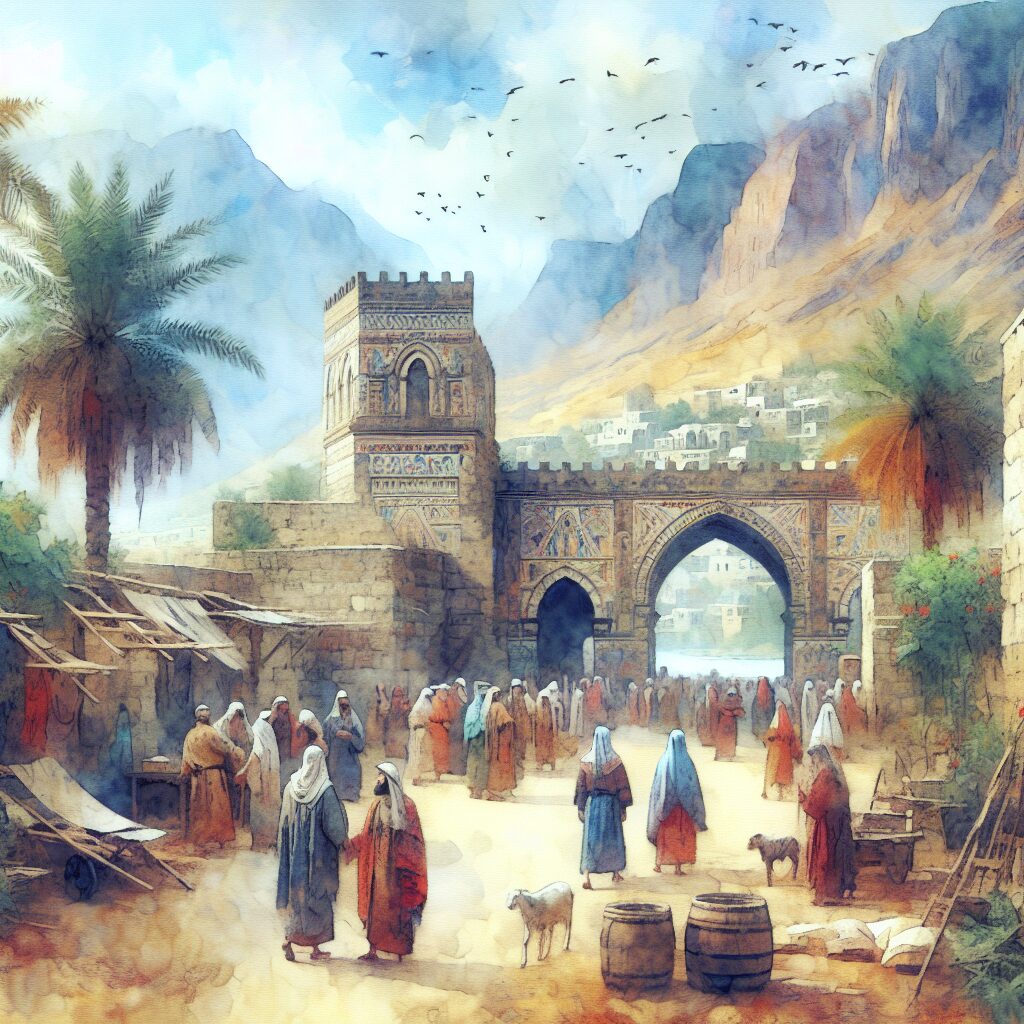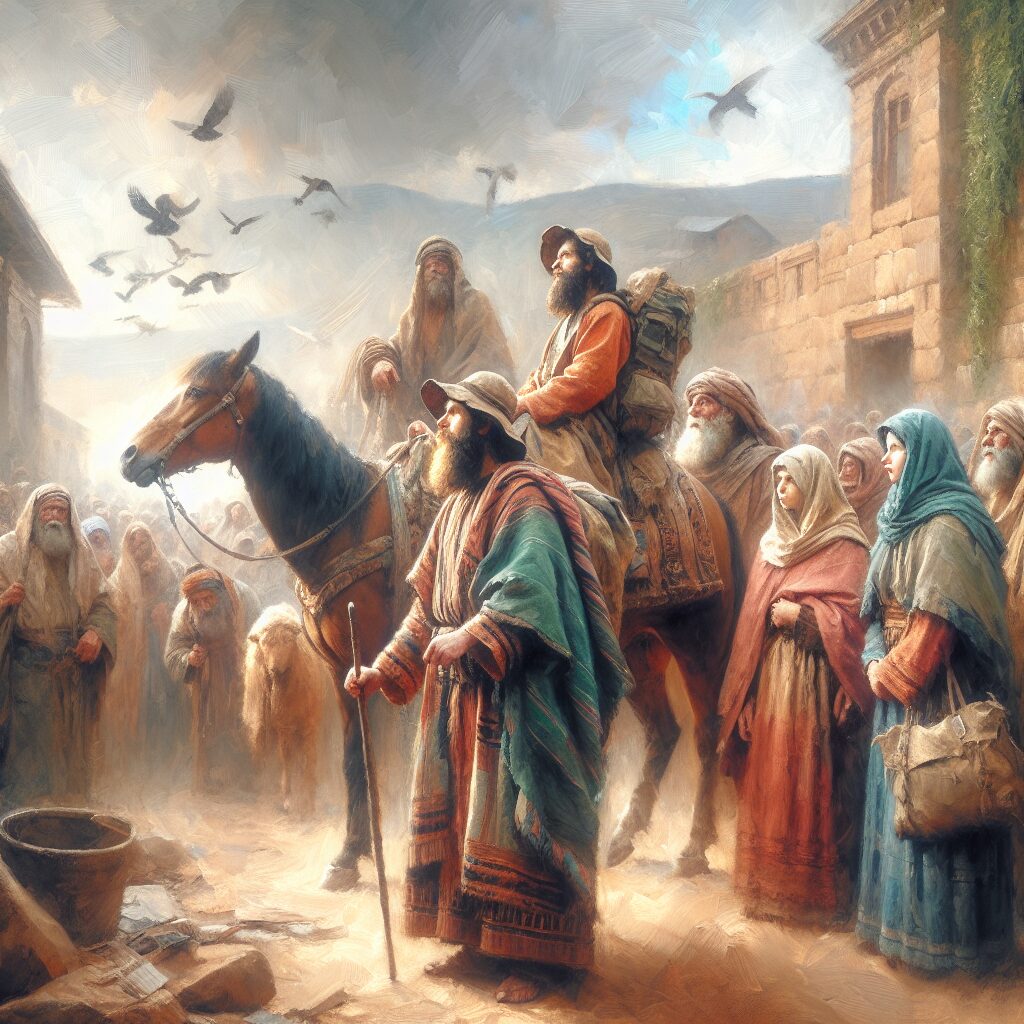Daily Bible Affirmation for July 16, 2025 – Genesis 34:19

Bible Verse
“And the young man did not delay to do the thing, because he delighted in Jacob’s daughter. Now he was more honorable than all the household of his father.” – Genesis 34:19
Reflection
Genesis 34:19 tells a small part of a broader and complex narrative involving Shechem and Jacob’s daughter, Dinah. While the chapter deals with intricate and serious issues, this particular verse gives us a glimpse of an essential human emotion — delight. Shechem’s delight in Dinah is marked by a sense of urgency and sincere intention. He chose to act immediately, driven by something genuine within his heart.
What can we take from this in our lives today? It resonates as a call to recognize and act upon the goodness we perceive in others. Delight, in a positive sense, can be a powerful motivator for nurturing relationships and fostering goodwill. This verse invites us to consider the actions we take when we encounter something or someone we truly value—are we moved by love and respect to do right by them?
God’s love often works through the sincerity of our actions. Like Shechem, when we genuinely appreciate another person, it can inspire us to act honorably and responsibly. God has blessed us with the capacity for delight in one another and His creation. Approaching life with a heart open to such joy helps us see His fingerprints on everything and everyone around us.
Amid the daily grind, it is this delight that can help us grow, persevere, and remain hopeful. In recognizing the beauty of God’s creations—be they people, nature, or experiences—we acknowledge God’s grace working through them. Each moment of joy or delight is a reminder that God desires us to live abundant, love-filled lives.
Importantly, this call to recognize delight must be accompanied by a respectful understanding of each person’s inherent dignity and worth. Just as God sees and loves us completely, we are invited to do the same with others. Let’s strive to ensure that our actions, motivated by delight, reflect God’s inclusiveness and unconditional love.
Closing Thought
Delight is more than a feeling; it’s a divine prompt that invites action. Let it guide us to live honorably, see beyond ourselves, and embrace the beautiful tapestry of human connections God provides, always reflecting His enduring love and grace.
Daily Bible Affirmation for July 16, 2025 – Genesis 34:19 Read Post »



